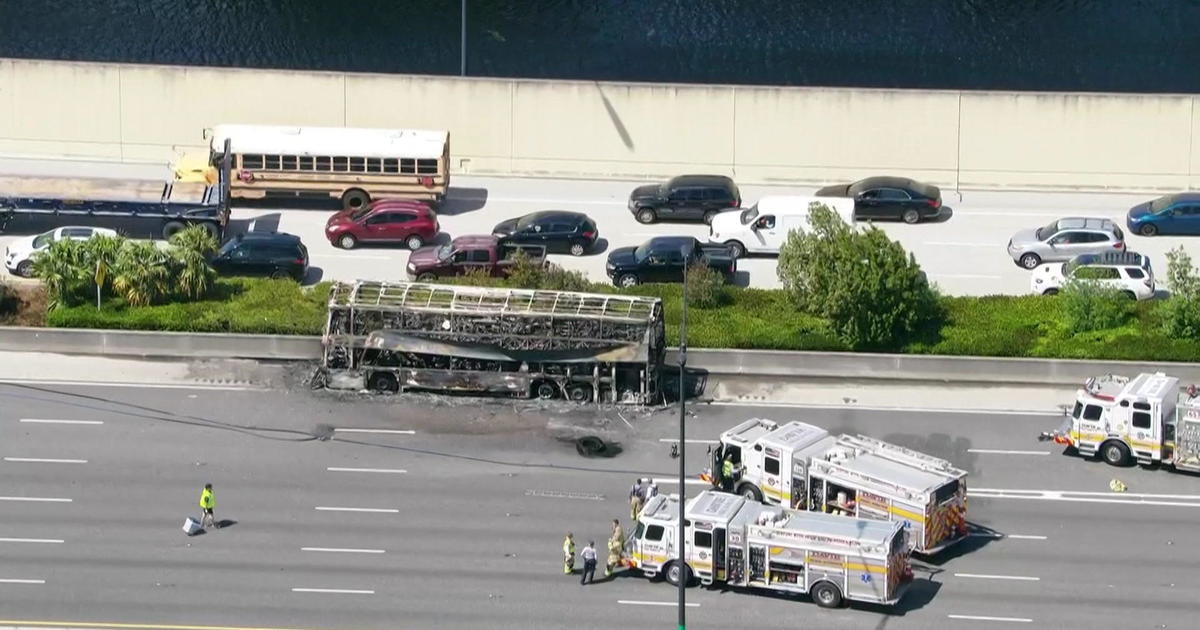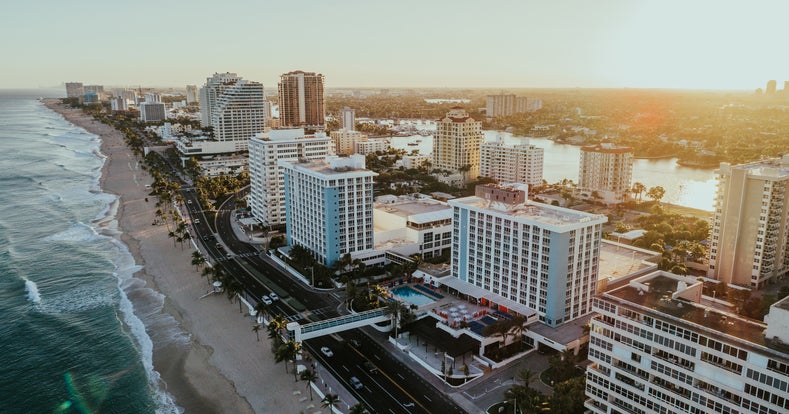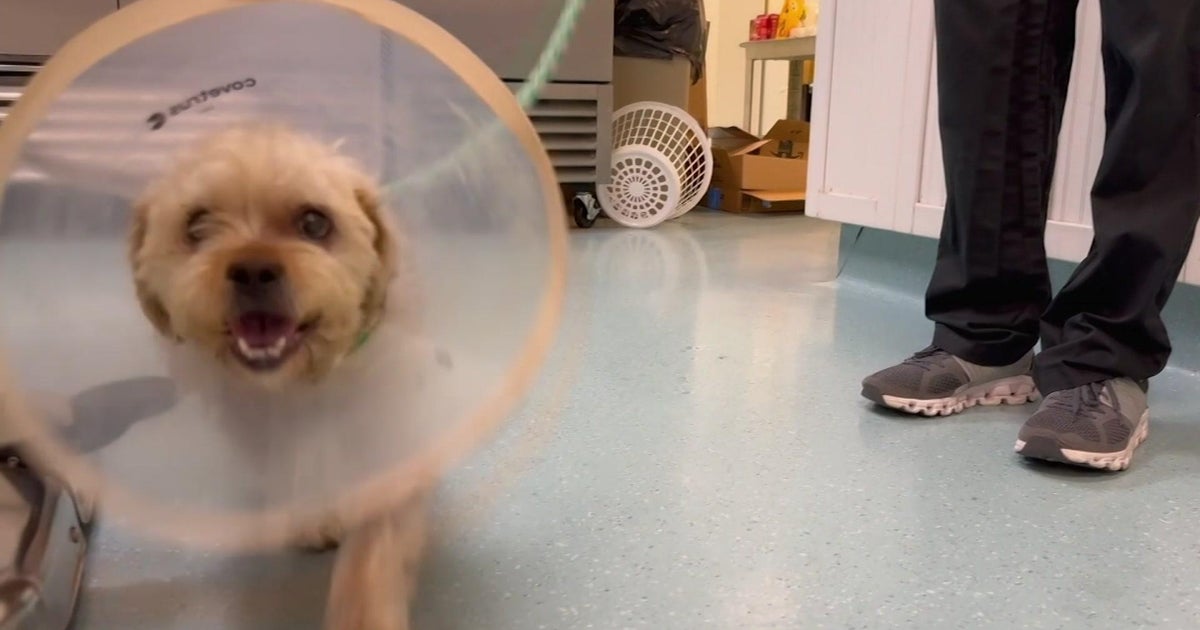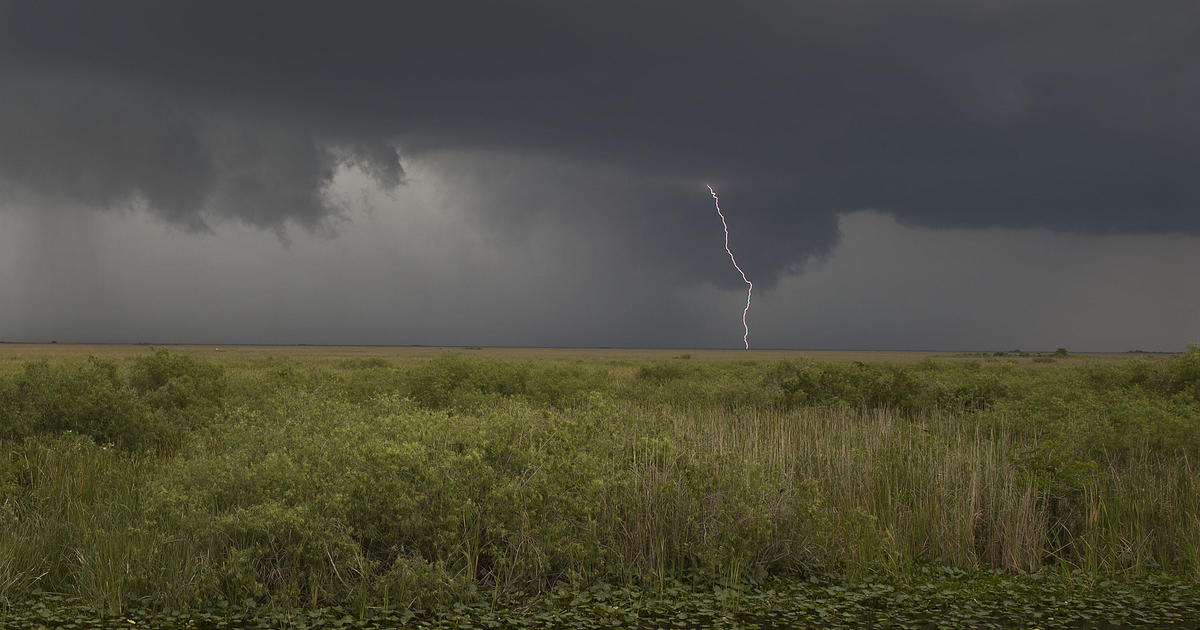Reopening Florida: 'We Are Not Overwhelmed': South Florida Doctors Resume Elective Surgeries & Procedures
MIAMI (CBSMiami) -- As Florida enters its first official phase of reopening, hospitals are now allowed to resume surgeries and elective procedures that had to be put on hold.
Doctors here in South Florida want to encourage patients that they are prepared and following necessary protocols.
"We are not overwhelmed. We screen every patient that walks through the door, and we test every patient that goes upstairs," says Dr. Randy Katz, Medical Director of Emergency Services at Memorial Regional Hospital. We keep patients separate, and we keep people safe-- our patients and healthcare providers."
Memorial Regional Hospital representatives explained their safety procedures, including an area outside of the building patients must enter to be tested and screened. Those with COVID-19 are kept completely separate, and physicians who work with them do not work with anyone else.
"We have rearranged our schedules. We have spaced out patient care, so that they have an individual appointment and won't run in to anybody else," explains Dr. Brett Cohen, Chief of General Surgery. The patient waiting rooms have been changed, so chairs are spaced out."
As part of the Governor's reopening plan, hospitals across the state are allowed to resume previously halted elective, or non-emergency surgeries. This was done initially to lessen the number of people in the hospital and preserve PPE. They say thousands of procedures had to be delayed. Even though Broward, Miami-Dade and Palm Beach Counties were excluded from much of Phase One, that does not apply to the hospitals.
Doctors at the Cleveland Clinic are urging people to come in if they need medical treatment.
"We are seeing folks that have neurological symptoms, or even chest pain, are not coming to get care because they are afraid of the COVID Pandemic," says Dr. Rodolfo Blandon, President of Cleveland Clinic in Weston. "We are happy to see the restrictions have been lifted for these elective procedures. Maybe they were elective six weeks ago, but now it is time for them to get the care they need."
Dr. Brijesh Mehta, Medical Director of Neurocritical Services at Memorial echoed this.
"We were seeing upwards of a dozen stroke alerts per day, and that steadily went down through mid to late March," he explains. "Patients were eventually coming in, but it was too late do to anything outside of any emergent care windows."
At Nicklaus Children's Hospital, they are opening gradually to protect their young patients and their families.
"We are going to start with the most basic surgeries with low resource consumption," says Dr. Chad Perlyn, the Director of Surgical Services. "We will then move in the next tier of more complex procedures, with patients staying in the hospital. Then we will move to the most complex in-patient procedures."
They, too, are screening patients before they enter the hospital and giving COVID-19 tests to patients before they have any surgical procedure.
As far as the future goes, Dr. Perlyn says he expects telemedicine to continue to be commonplace, but is not sure how long these screening protocols will go on.
Through the screening of patients and healthcare workers, physical separation of patients, and testing both adults and children pre-surgery, these doctors hope to continue treating all of the patients who need them.



